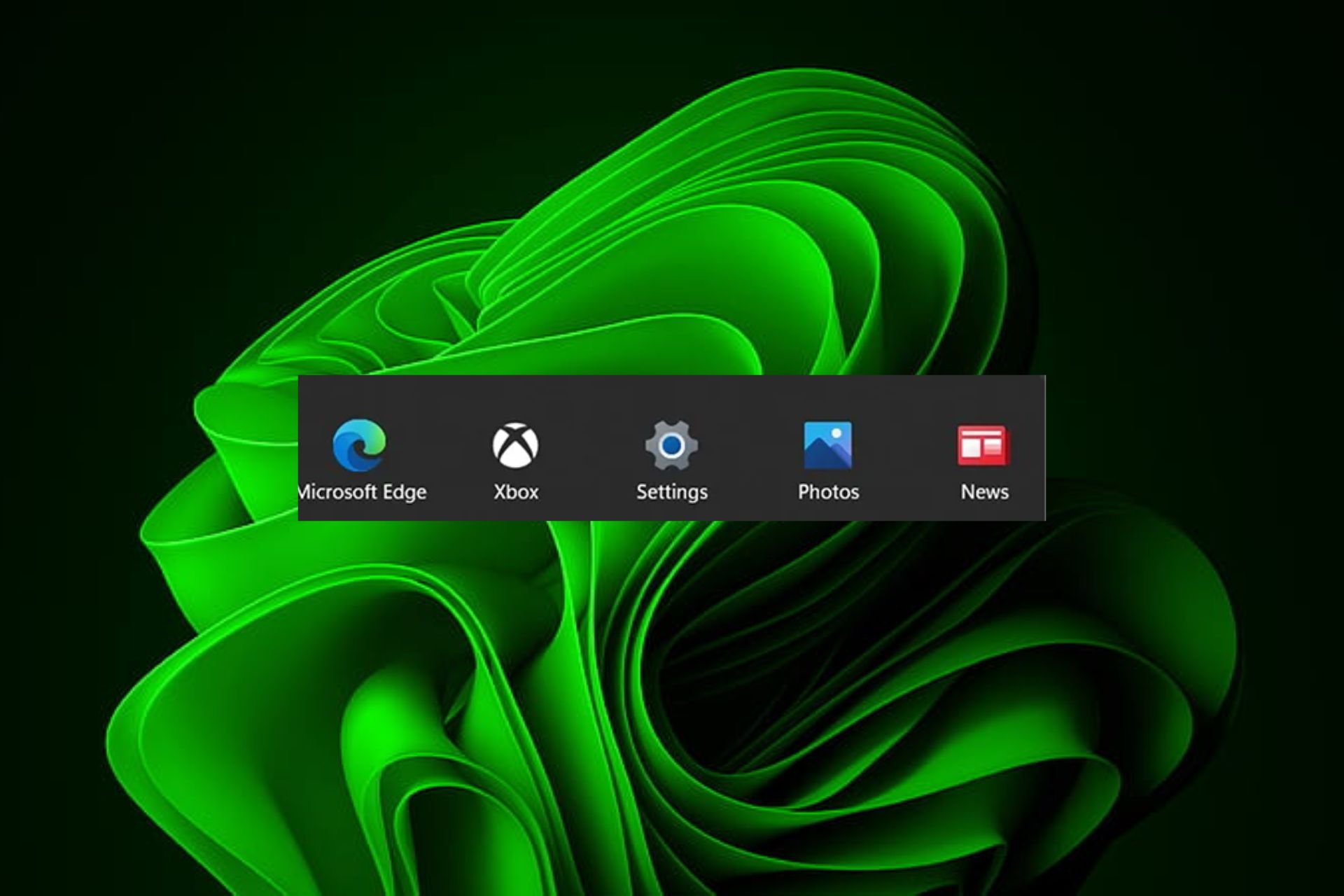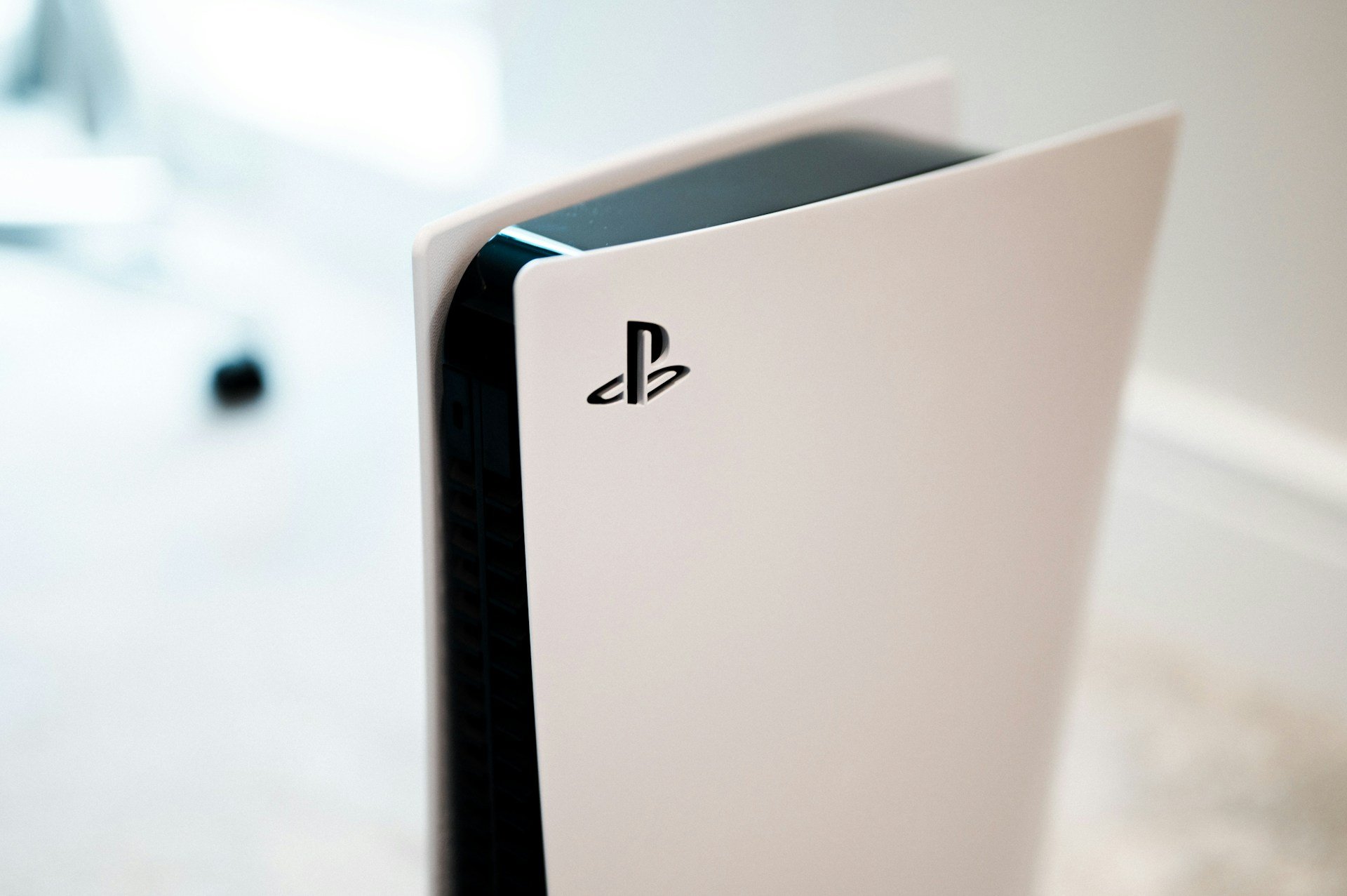How to Fix For Honor High CPU Usage [100% Load]
Check our guide for a quick fix of For Honor CPU issues
2 min. read
Updated on
Read our disclosure page to find out how can you help Windows Report sustain the editorial team Read more
Key notes
- Fix For Honor high CPU usage by lowering the priority from Windows Task Manager.
- Besides high CPU, some users have encountered memory leaks and high memory usage which can be solved the same way.

For Honor has been around for a bit of time now. And so far, most players agree that the concept is great, but the title is plagued with frequent issues.
Since it’s extremely harmful to Ubisoft to just sit and not do anything, the developer is working on new patches to improve the overall experience and relive original positive critics. However, it seems that something definitely didn’t work out, as patches released by the developer made the game worse for some players by introducing high CPU usage and memory leaks to the title.
This is a serious problem since high CPU usage makes it impossible for some people to play the game. Additionally, memory leaks cause even more problems, like black screen, for example.
How do I lower CPU usage in For Honor?
Luckily, for those experiencing the problem, there are a few solutions that can resolve it. So, check them out below if memory leaks are bugging you.
Set For Honor as Low priority task
The solution that seems to work for most people is moving For Honor to low priority. Here’s exactly what you need to do:
- Open Task Manager
- Go to the Details tab
- Right-click For Honor, and choose Set priority > Low
- Now, right-click For Honor again, and choose Set affinity
- Untick the last processor core from the list
After performing this action, try running For Honor again. If CPU usage goes back to normal, you’re done. If not, check another solution listed below.
Disable uPNP
Some players suggest that disabling uPNP solves the problem, as well. UPnP stands for “Universal Plug and Play” and takes care of automatically forwarding a port on your router. So, there’s a chance you’re using a wrong port which can cause issues that include memory leaks. Since instructions for disabling uPNP are different depending on routers, we advise you to look online for your particular model.
In case the issue remains unresolved, let us know in the comments. Also, if you have another solution for this problem, please share it with other players!
RELATED STORIES YOU NEED TO CHECK OUT:








